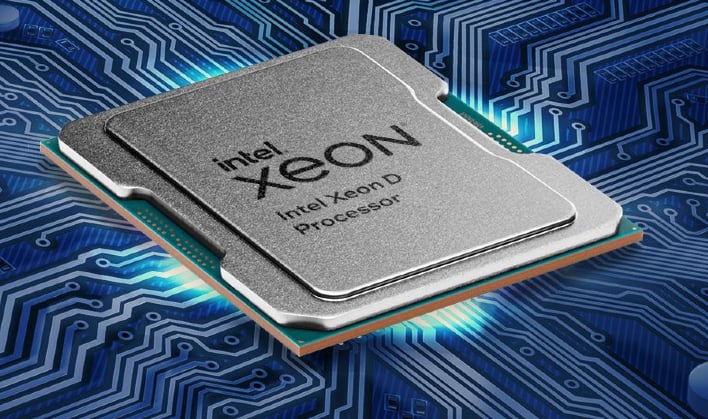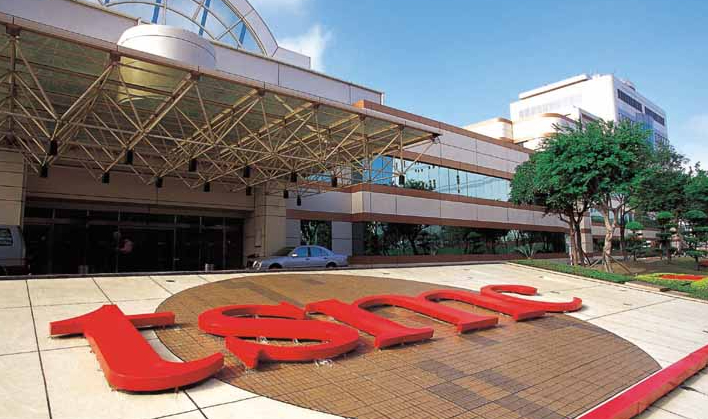AMD, Intel And TSMC Suspend Chip Sales To Russia As US Sanctions Tighten

As tensions grow across the world in regard to Russia's invasion of Ukraine, the United States and its allies look at ways to apply pressure on Putin and the Russian government. The latest measures implemented by the US Department of Commerce looks at restricting Russia's access to technologies that it needs to sustain its military capabilities.
In a statement issued on February 24th, 2022, the DOC stated, "These controls primarily target Russia's defense, aerospace, and maritime sectors and will cut off Russia's access to vital technological inputs, atrophy key sectors of its industrial base, and undercut its strategic ambitions to exert influence on the world stage."
In response to the DOC's announcement, Intel, TSMC and AMD were reported to be cutting off supplies to Russia as well. Intel said it "complies with all applicable export regulations and sanctions," including the new Russia-focused export controls. TSMC stated that it is "fully committed to complying with the new export control rules announced."

John Neuffer, President of the World Semiconductor Trade Statistics (WSTS) organization, stated, "While the impact of the new rules to Russia could be significant, Russia is not a significant direct consumer of semiconductors, accounting for less than 0.1% of global chip purchases."
Employing an approach called the foreign direct product rule, The U.S. is also requiring companies worldwide to abide by the rules and block such sales to Russia if they use U.S. manufacturing equipment or software to produce chips. Analysts say that most chip factories around the globe use software or equipment designed in the United States. This is an approach only used once before, and was instituted against China's Huwaei.
In the statement by the DOC released last Thursday, Secretary of Commerce Gina M. Raimondo stated, "Russia's actions are an immediate danger to those living in Ukraine, but also pose a real threat to democracy throughout the world." She continued, "By acting decisively and in close coordination with out allies and partners, we are sending a clear message today that the United States of America will not tolerate Russia's aggression against a democratically-elected government."
It is hard to tell how much of an impact sanctions and regulations imposed on Russia have had to this point in regard to deterring further aggression toward Ukraine. but with talks beginning in Belarus between the two countries it is promising. U.S. sales of processors and other technology to Russia were already regulated when it came to military usage, requiring government licenses. However, people around the world are hopeful that the increased pressure that is being applied by a multitude of countries will bring about an end to the conflict and peace can once again be had for the citizens of both Russia and Ukraine. With talks between the two countries beginning, we all wait with bated breath.
*Update: At the time of writing, talks had begun between Russia and Ukraine in Belarus. Talks have since ceased following explosions in Kyiv. We continue to hope for a peaceful resolution.

